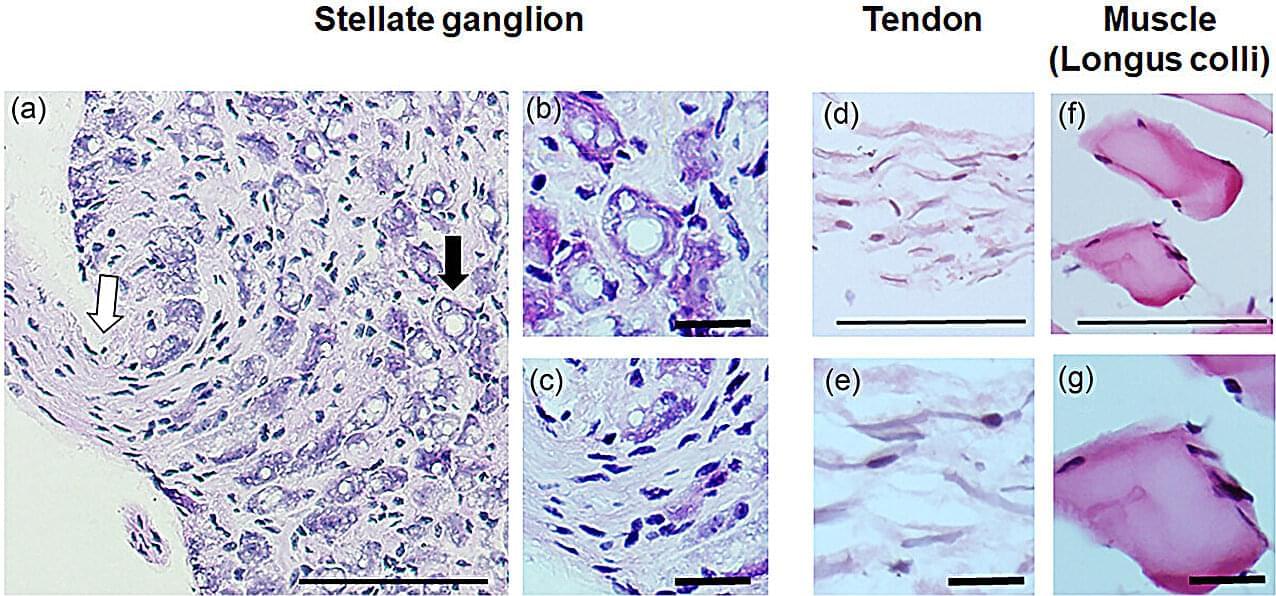Parkinson’s doesn’t just affect movement and the brain—it may also impact the heart, according to new research from the University of Surrey. Scientists from Surrey’s School of Veterinary Medicine suggest that targeting a key protein outside of the brain could help manage Parkinson’s-related heart issues.
In a study published in Experimental Physiology, Surrey researchers studied mouse models and found a harmful buildup of the alpha-synuclein protein, which is associated with Parkinson’s disease, in a nerve cluster near the heart (the stellate ganglia). These nerves are part of the autonomic nervous system, which controls heart rate and rhythm.
Researchers found that 27% of neurons in the nerve cluster contained aggregated alpha-synuclein, forming similar toxic clumps seen in the brains of Parkinson’s patients. This finding suggests that Parkinson’s could disrupt heart function, not just movement and brain activity.
